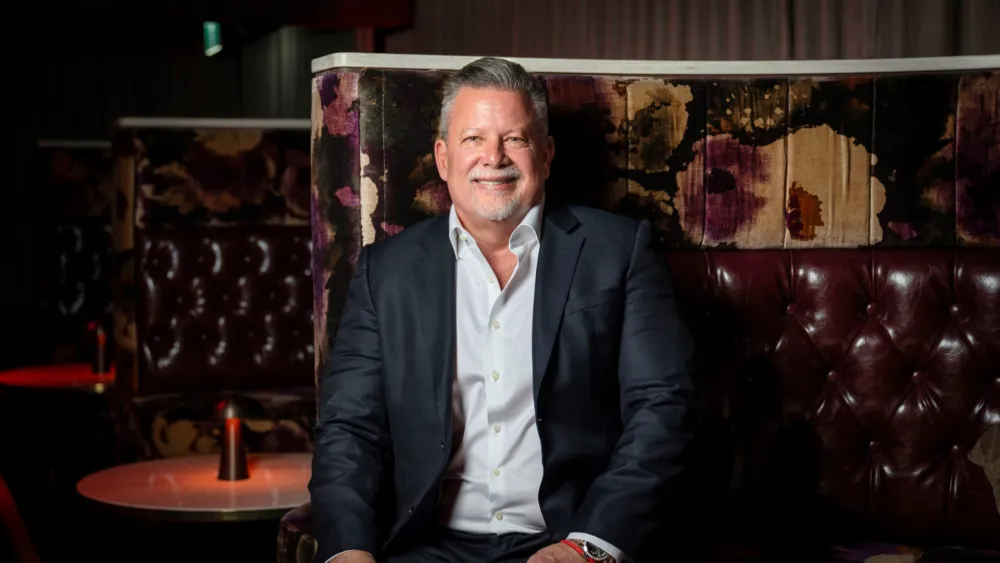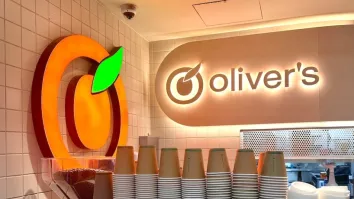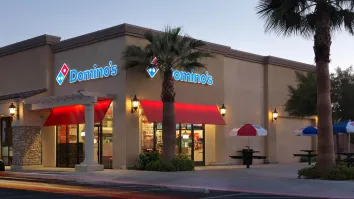
Adding a touch of experience to QSRs to meet the demands of the new millennials
Colliers International says the industry is in a unique position among real estate developers.
Australia has well and truly transitioned into an “experience economy” in which consumers are opting for experiences over material things. Australian consumers are spending significantly more on entertainment and leisure activities than discretionary commodities and this will have defining implications on the Australian retail landscape and the QSR industry. Landlords, retailers and QRS operators must re-assess their in-store strategies to bring the shopping experience and offerings to the next level.
At the QSR Media Sandhurst Fine Foods Conference & Awards 2019, Michael Bate, Head of Retail at Colliers International, said that the food and beverage industry is actually in a unique position of favour among real estate developers.
Recently, Colliers data showed, more and more property companies are moving away from investing in certain segments like convenience and fashion retail, and is instead establishing locations for the food and beverage industry.
“In convenience, there has not been a lot of growth. And trending to 2023, there is not going to be a lot more. [In] shopping centres, typically a full line supermarket or a junior supermarket or discount department store, there is not a lot of additional space that’s going into these assets,” he explained.
“In regional shopping centres throughout Australia, most of the landlords have, at the expense of fashion, at the expense of a lot of discretionary retail, added a lot more food and beverage into their assets.”
This is because of the growing demand for food and beverage. Particularly, Colliers research found that as millennials continue to forgo material consumption in favour of good experiences, industries that cater to these desires, such as entertainment and foodservice, have become potential growth segments.
“How can some of the bigger landlords continue to convert traditional retail space that were in fashion or services and put more food in? The simple answer is that because of the customers’ desire and the consumers’ desire for more experimental retail, they're asking for more food and beverage,” Bate said.
“There's still a real big demand by consumers for good food and beverage establishments in our traditional shopping centres. And that changes dramatically as we go through the various asset classes. Forty percent of shopping centre visitors choose their choice of shopping centre primarily on the dining options available.”
More resources towards upscale food courts
More developers are allocating resources towards upscaling the traditional food courts and dedicated all-day dining hubs nearby shopping for customers, as these increase both the average dwell time of consumers as well as the average spend.
“What we've been able to prove is that customers are spending 35 minutes more in traditional shopping centres as a result of a good food catering experience, and 12% more sales generated by those who stop and eat than those who don't. That last point is interesting because 61% of millennials age 21 to 24 would rather have dinner at the restaurant than buy a new pair of shoes,” he said.
Bate noted a popular example of the experience-centric consumption trend amongst consumers in the uproar about Macquarie Shopping Centre’s announced plans to demolish the popular ice rink to make way for a billion-dollar shopping centre refurbishment. Just two weeks after the plans were announced, AMP Capital - the company behind Macquarie Shopping Centre - backed down following massive outcries from their loyal customers. AMP are to be congratulated for taking the time to listen.
“In most cases, you’ve got to listen to the customer. And in that case, they didn't realize just how important that experience, the ice skating rink, was at that particular shopping centre,” he said.
Rising rents, then, are a sign of the QSR industry’s growing relevance in consumer sentiment. Space is at a premium as the demand for food and beverage outlets continues to rise.
“QSR restaurants are an important anchor for any successful shopping centre. In food and beverage, experience, value for money and the entertainment offer is an absolute must,” Bate said. “The customer and the consumer are still demanding immediacy, they want variety. And they want value. And they want it now.”
























